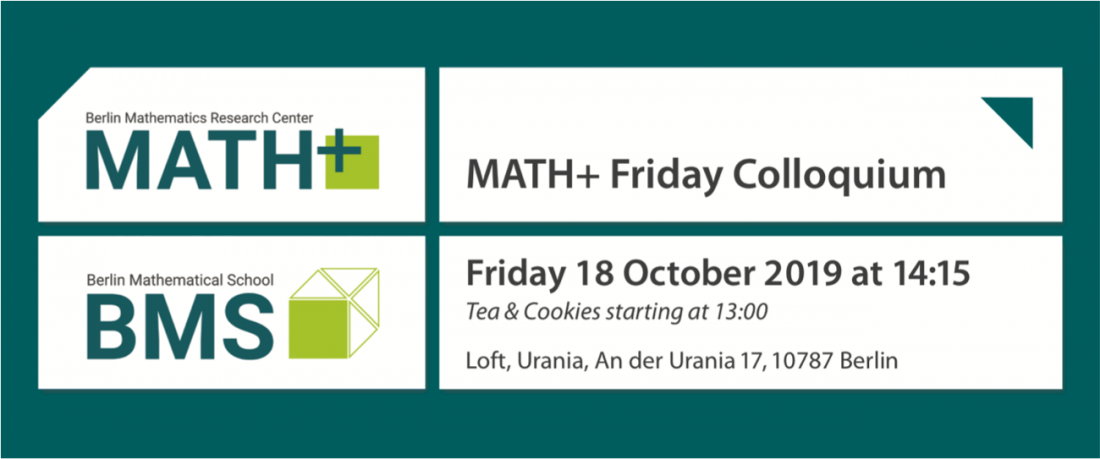Dana Scott: Geometry without Points

Ever since the compilers of Euclid’s Elements gave the “definitions” that “a point is that which has no part” and “a line is breadthless length”, philosophers and mathematicians have worried that the basic concepts of geometry are too abstract and too idealized. In the 20th century writers such as Husserl, Lesniewski, Whitehead, Tarski, Blumenthal, and von Neumann have proposed “pointless” approaches. A problem more recent authors have emphasized is that there are difficulties in having a rich theory of a part-whole relationship without atoms providing both size and geometric dimension as part of the theory.
Citing recent joint work with Tamar Lando, Columbia University, a solution will be proposed using the Boolean algebra of measurable sets modulo null sets along with relations derived from the group of rigid motions in Euclidean n-space. As will be emphasized, this modeling, however, is far from giving a natural axiomatization for a fully geometric mereology.
Dana S. Scott is Emeritus Professor, Carnegie Mellon University, and Visiting Scientist/Scholar at UC Berkeley. He got his PhD from Princeton in 1958. His research interests include automata theory, modal logic, model theory, foundations of geometry, set theory and the theory of programming languages. In 1976, he received the A.M. Turing Award jointly with Michael Rabin for their work in automata theory. Scott is the recipient of five honorary doctorates: Rijksuniversiteit Utrecht (1986), TU Darmstadt (1995), Edinburgh (1995), Ljubljana (2003) and St Andrews (2014). He taught at Chicago, Berkeley, Stanford, Amsterdam, Princeton, Oxford and Linz, and he was Professor at Carnegie Mellon from 1981 until his retirement in 2013.
Download the poster here.

